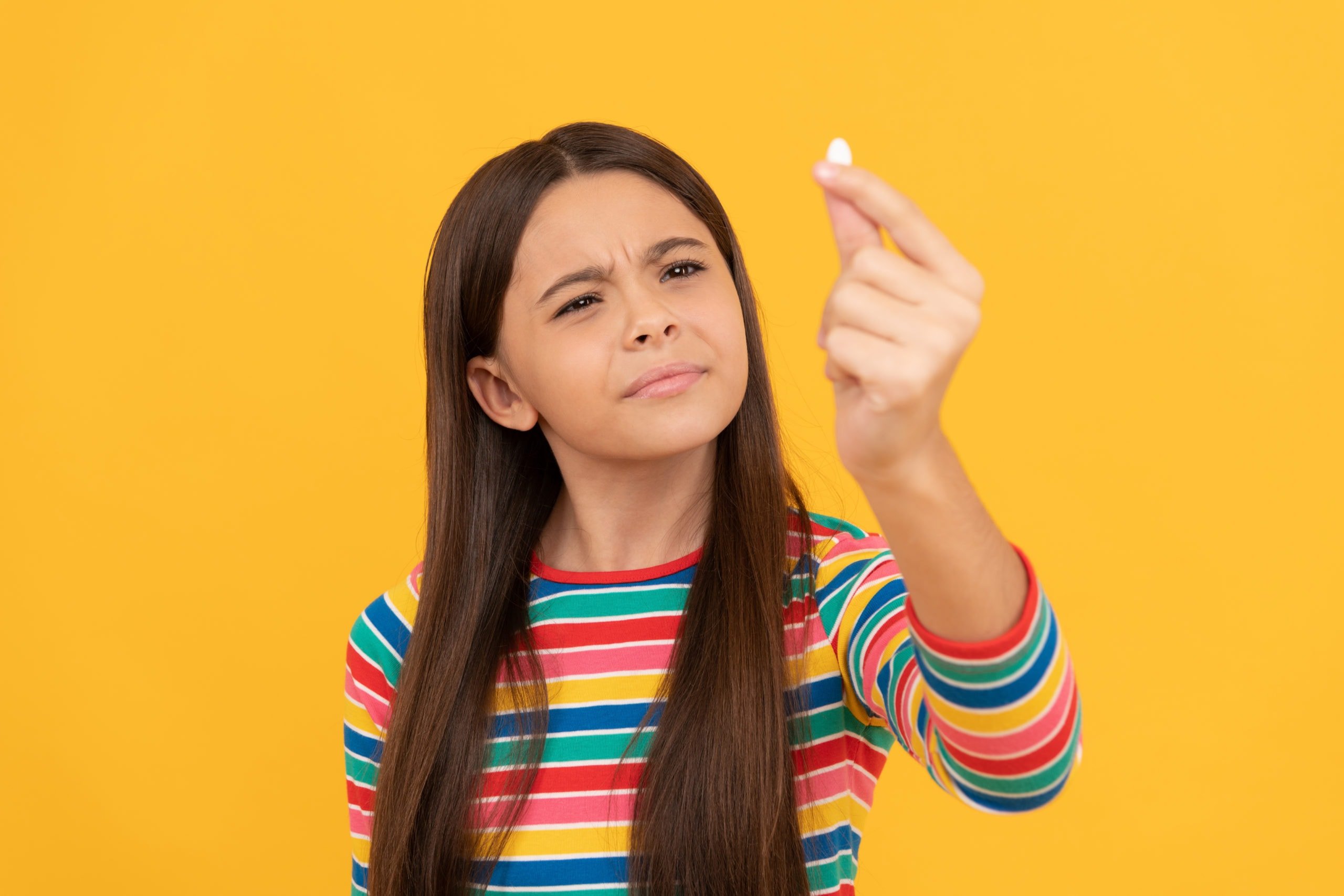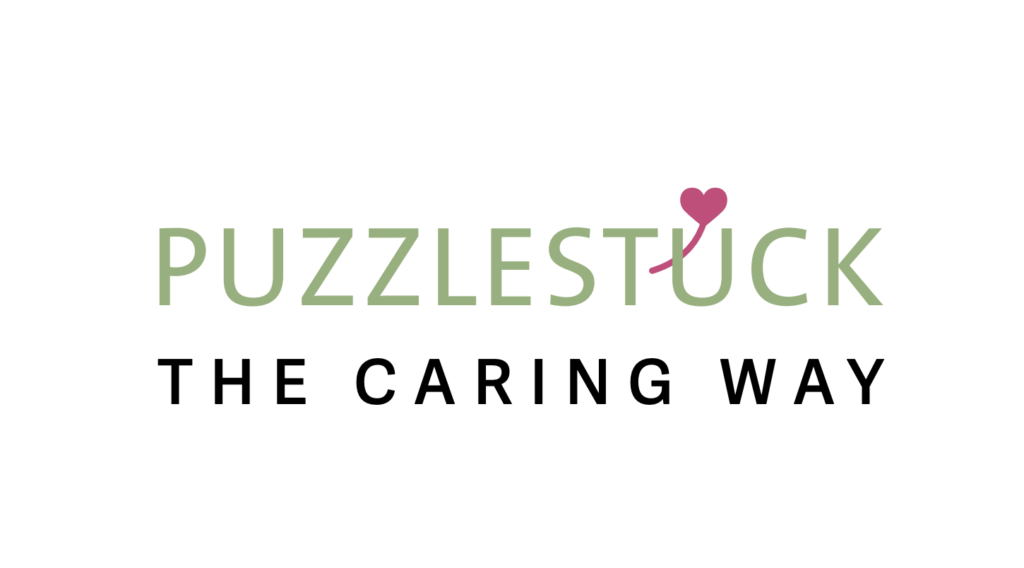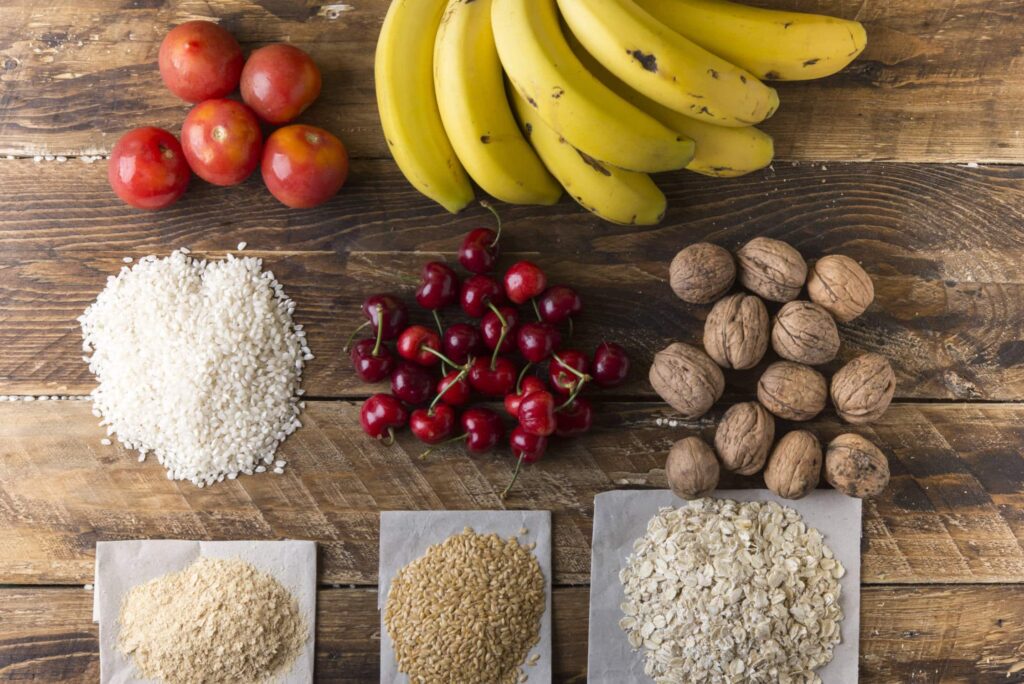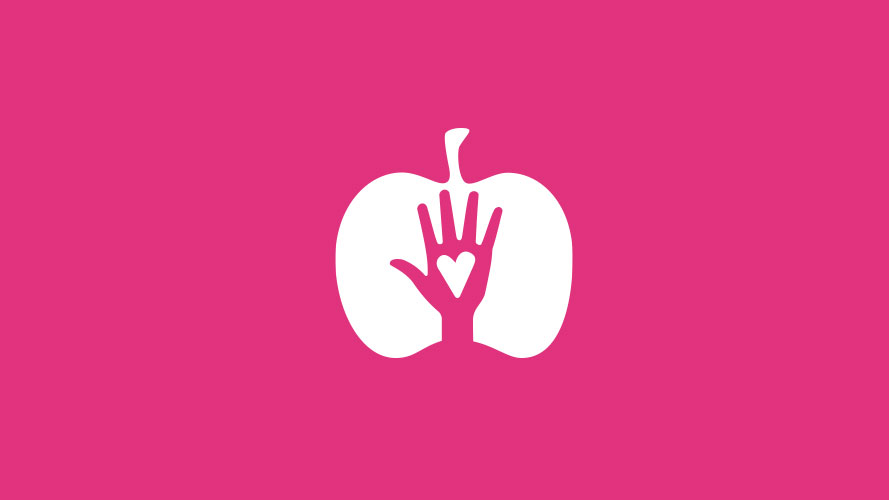Vitamin C is one of the most commonly used and most recognizable vitamins out there and yet a lot of people don’t know what it is, what it does, or how it does it. We’ve put together this simple guide in partnership with Vitamin C for Covid to help you understand what vitamin C is and how it can boost your immune system. It can even be used as a tool to prevent and fight a SARS-CoV-2 infection.
What is vitamin C?
Also known as ascorbic acid, vitamin C is an essential nutrient. It is a vital immune system booster, is necessary for the growth and repair of body tissues, and is an integral part of the body’s healing process. Our bodies use vitamin C to make blood vessels, cartilage, muscles, and collagen. It also increases the production and function of critical immune cells—B-cells, T-cells, and macrophages among many other things.
Despite its importance, the human body is unable to produce vitamin C. It is up to us to include an adequate amount of vitamin C in our diet and by supplementing.
What’s the best way to get vitamin C?
Since our bodies don’t make vitamin C, we have to be intentional about making sure we get enough. And while eating a diet rich in vitamin C will help prevent scurvy (vitamin C deficiency), it won’t be enough to help prevent and lessen the length and severity of a cold.
Take an orange, for example. One orange contains roughly 50mg of vitamin C. While a few orange may get you close to the Recommended Dietary Allowance of around 100mg, you’ll need to eat 10 a day to get to a level that is thought to achieve positive health results.
The best way to get the vitamin C you need is to both eat a healthy diet rich in vitamin C and to take supplements.
Vitamin C rich foods (mg per 100g of food):
- Broccoli (110mg)
- Peppers (100mg)
- Watercress (60mg)
- Cabbage (60mg)
- Cauliflower (60mg)
- Strawberries (60mg)
- Kiwi fruit (55mg)
- Lemons (50mg)
- Oranges (50mg)
Vitamin C and Covid-19

For immune support & prevention of Covid-19
We recommend aiming for 500mg to 1g of vitamin C twice a day by incorporating the foods listed above into your diet as well as with supplementation.
At first sign of sickness
At the first sign of symptoms, we recommend taking 2-5g of vitamin C and then 500-1,000mg per hour (as your bowel tolerates) until symptoms disappear.
Clinical trials have shown that a high dose and long duration yields both a reduction in duration and severity of symptoms. With at least 6g of vitamin C taken on the first day, studies show a 20-85% reduction in infection time.
If hospitalized
WCH recommends discussing the usage of high doses of oral vitamin C with your doctor. Please refer to Vitamin C for Covid for specific guidance.
For Long Covid
While studies have not been done to determine the most effective dose of vitamin C to support those suffering from Long Covid, there exists rationale to use it. Vitamin C is required for collagen production and collagen is effectively the glue that holds our cells and membranes together. This includes in the lungs, the digestive system, and connective tissues like ligaments, tendons, muscles, and joints—things that are often impacted by Long Covid.
Is Vitamin C safe?
The US Food and Nutrition Board of the Institute of Medicine has stated that the safe range for daily supplementation of vitamin C is up to 2,000mg per day.
While there exist no significant drug interactions with vitamin C, it can make some medicines less effective. A complete list can be found here. Consult your doctor before starting a high dose of vitamin C if you are taking medicines on this list.
Some people notice an upset stomach after taking vitamin C. This can be due to your stomach acid levels. If this occurs try taking your vitamin C just before a meal that contains protein and/or with citrus juice.
Vitamin C can cause loose bowels, mild discomfort, and flatulence. Adjust your dosage if loose bowels are bothersome. The European Food Safety Authority states that the lowest observable adverse effect level is 3-4g per day.
Claims that vitamin C can give you kidney stones are unfounded. Researchers at the Kidney Stone Research Laboratory of the University of Cape Town concluded that ingesting large doses of vitamin C does not increase the risk of forming kidney stones.
Does it really work?
A 2013 study found that, while vitamin C doses greater than 200mg per day did not reduce the number of colds, it did reduce both the severity and duration of them. In 2017 one of the study’s authors revisited the topic and found that dosage was significant—the more vitamin C taken on the first day, the better the outcome. It was also concluded by reviewing previous studies that one in six children taking vitamin C didn’t get a cold.
For more information visit Vitamin C for Covid.







